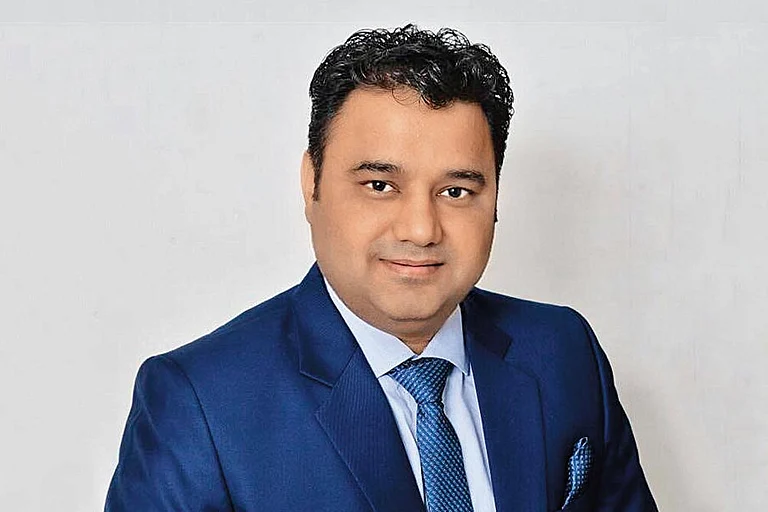Retirement is a time to relax and enjoy life—not to stress about money. That’s why financial planning for senior citizens is so important. Whether you’ve just retired or are already enjoying your golden years, a clear and simple financial strategy can bring peace of mind. And the good news? It’s never too late to start.
Know key steps to financial planning for stress-free retirement.
1. Know What You Have
When planning ahead for your finances post-retirement, you must gather all financial information, including Social Security and pension plans, bank account, etc., in addition to retirement investment details, monthly bills, fixed expenses, and health and insurance policy documents. This helps identify savings opportunities and adjusts as needed. Many seniors in India benefit from senior citizen savings schemes for predictable returns and safety.
2. Create or Update Your Budget
Even on a fixed income, budgeting is not about limiting yourself—it’s about making your money work for you. Here’s a simple rule of thumb:
• 50 per cent for Needs – Food, housing, healthcare, medicines, utility bills
• 30 per cent for Wants – Hobbies, gifts, travel, dining out
• 20 per cent for Savings/Emergencies – Build a small emergency fund, if possible
You can use free paper worksheets or budgeting apps like Goodbudget or Money Manager for seniors in India.
3. Review Your Legal Documents
Proper legal documentation now can save confusion and stress later. Ensure these are in place:
• Will – Clarifies who inherits your assets
• Power of Attorney – Appoint someone to manage your finances if needed
• Health Care Directive – Specify your medical care preferences such as whether you want to be keep alive through the machine or sign a Do Not Resuscitate (DNR).
Many states in India offer free legal clinics for senior citizens. These services can help you draft or update your documents at no or low cost.
4. Plan for Long-Term Care
Planning ahead is crucial for long-term care, as it can be expensive. Consider options like Long-Term Care Insurance, reviewing Medicaid or Ayushman Bharat eligibility, exploring community support programs for seniors, and exploring elder care services provided by local NGOs. This knowledge reduces anxiety and increases independence.
5. Talk to a Financial Planner (or a Trusted Family Member)
A certified financial planner can assist senior citizens in India in aligning their money with retirement goals. Free financial planning options include nonprofits like HelpAge India or Dignity Foundation, government-run financial literacy programs, and bank outreach programs. Regular check-ins with a trusted family member can also help keep the plan on track.
Which Scheme Is Best for Senior Citizens?
India offers several investment schemes tailored for senior citizens, such as:
• Senior Citizen Savings Scheme (SCSS) – It is a Government-backed that offer a high interest rate of 8.2 per cent
• Post Office Monthly Income Scheme (POMIS) – POMIS offers steady monthly income allowing a secure financial future
• Pradhan Mantri Vaya Vandana Yojana (PMVVY) – PMVVY is a pension plan that also offers life cover, providing added life insurance security
• RBI Floating Rate Savings Bonds – For those seeking flexible returns, this is a really good option, allowing seniors to stay afloat or work as an emergency fund
• Fixed Deposits for Seniors – FDs have always been a financial priority due to the security and added higher interest rates offered from banks
Final Thought
Financial planning for senior citizens can be simple and effective. By taking small steps, they can make confident decisions and enjoy a stress-free retirement. Whether seeking free financial planning, choosing the best scheme, or organizing their money, every step today builds a more secure future.















